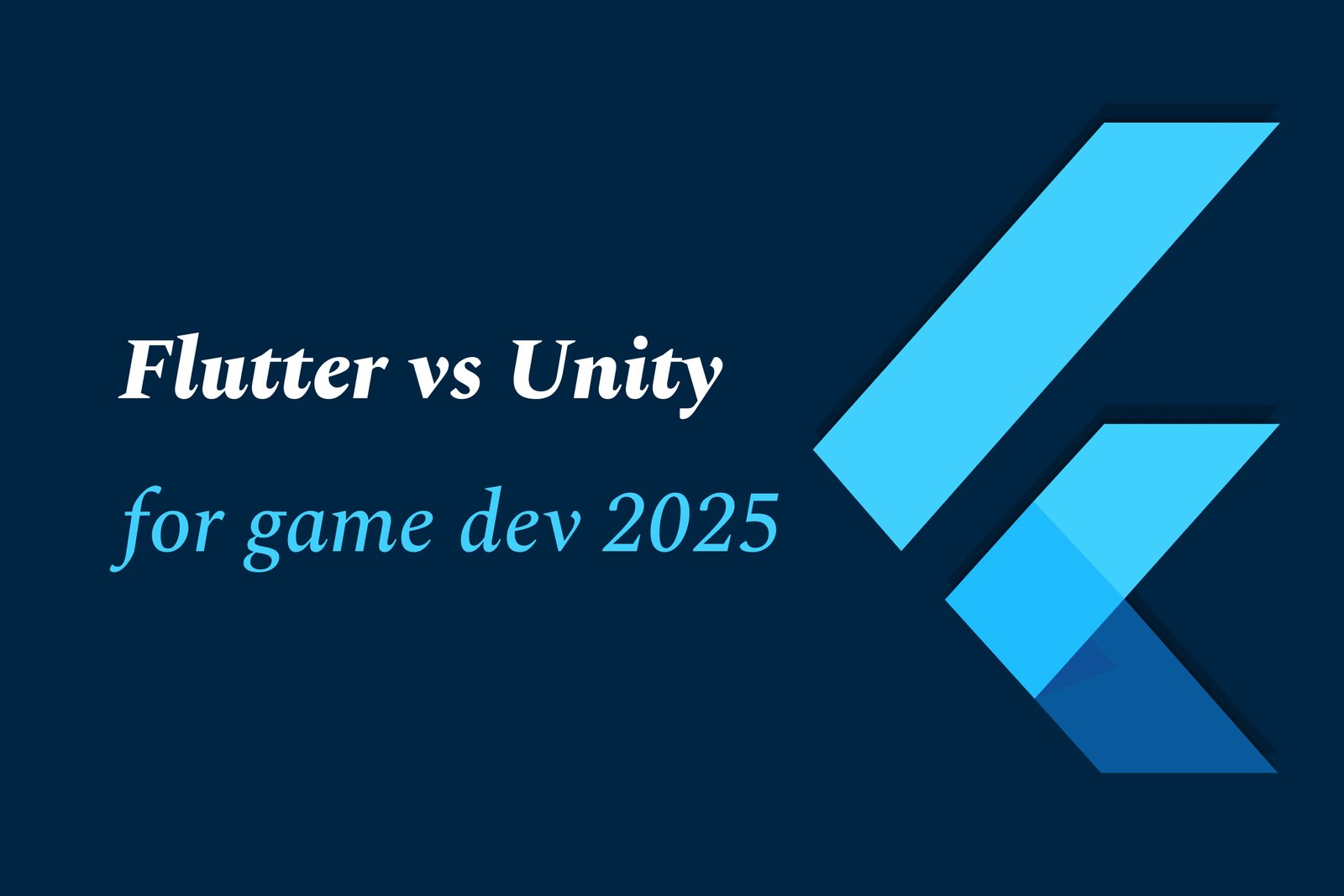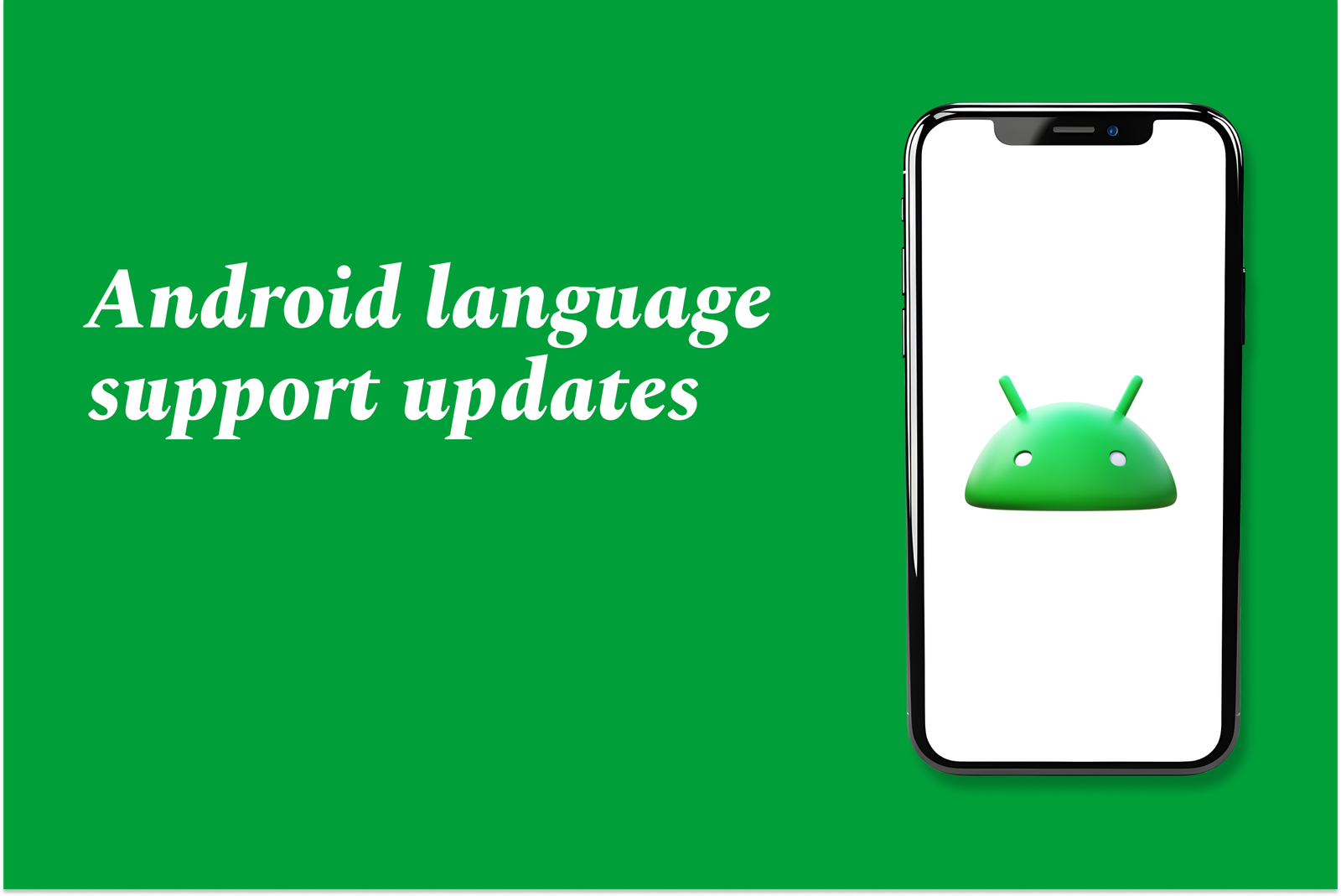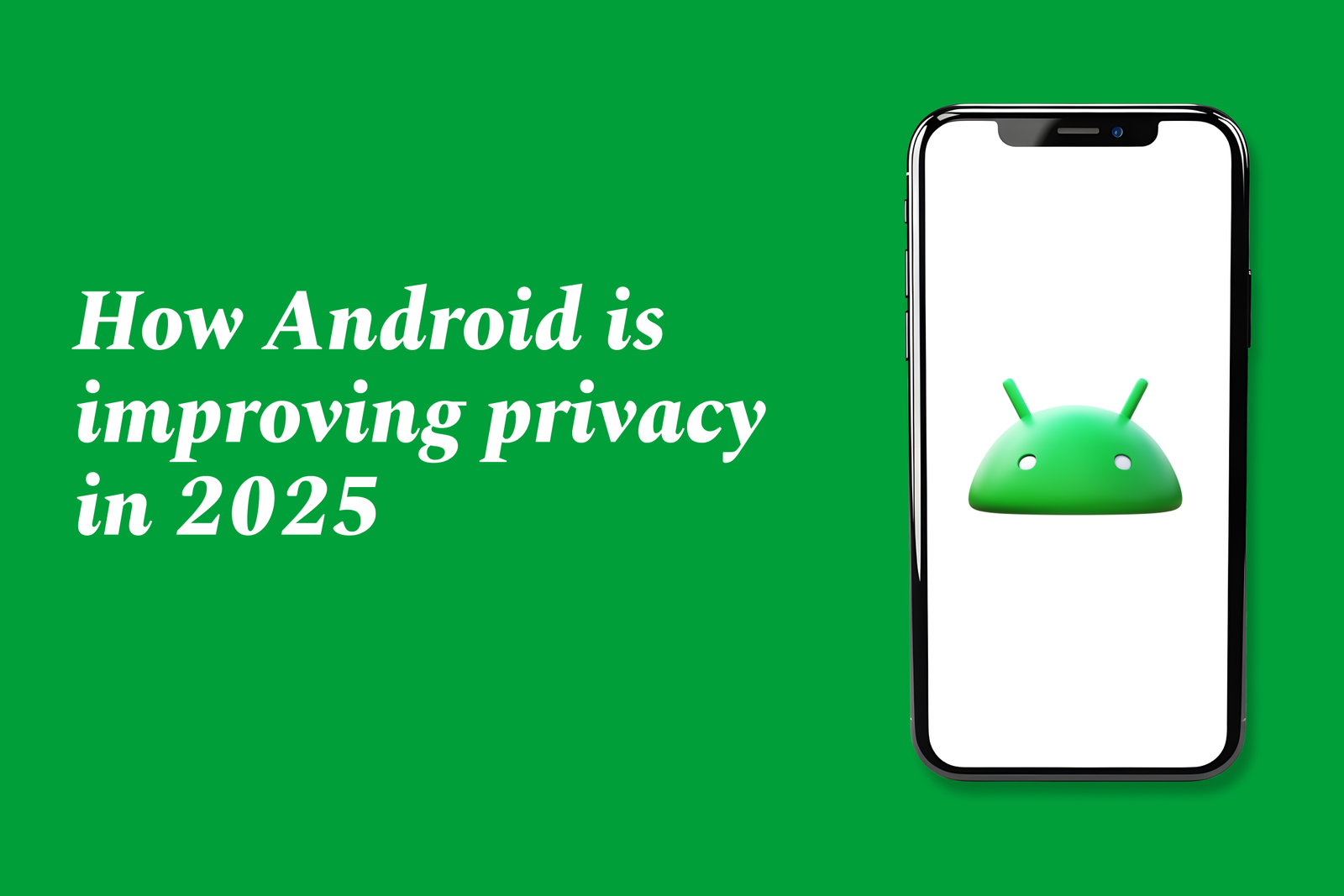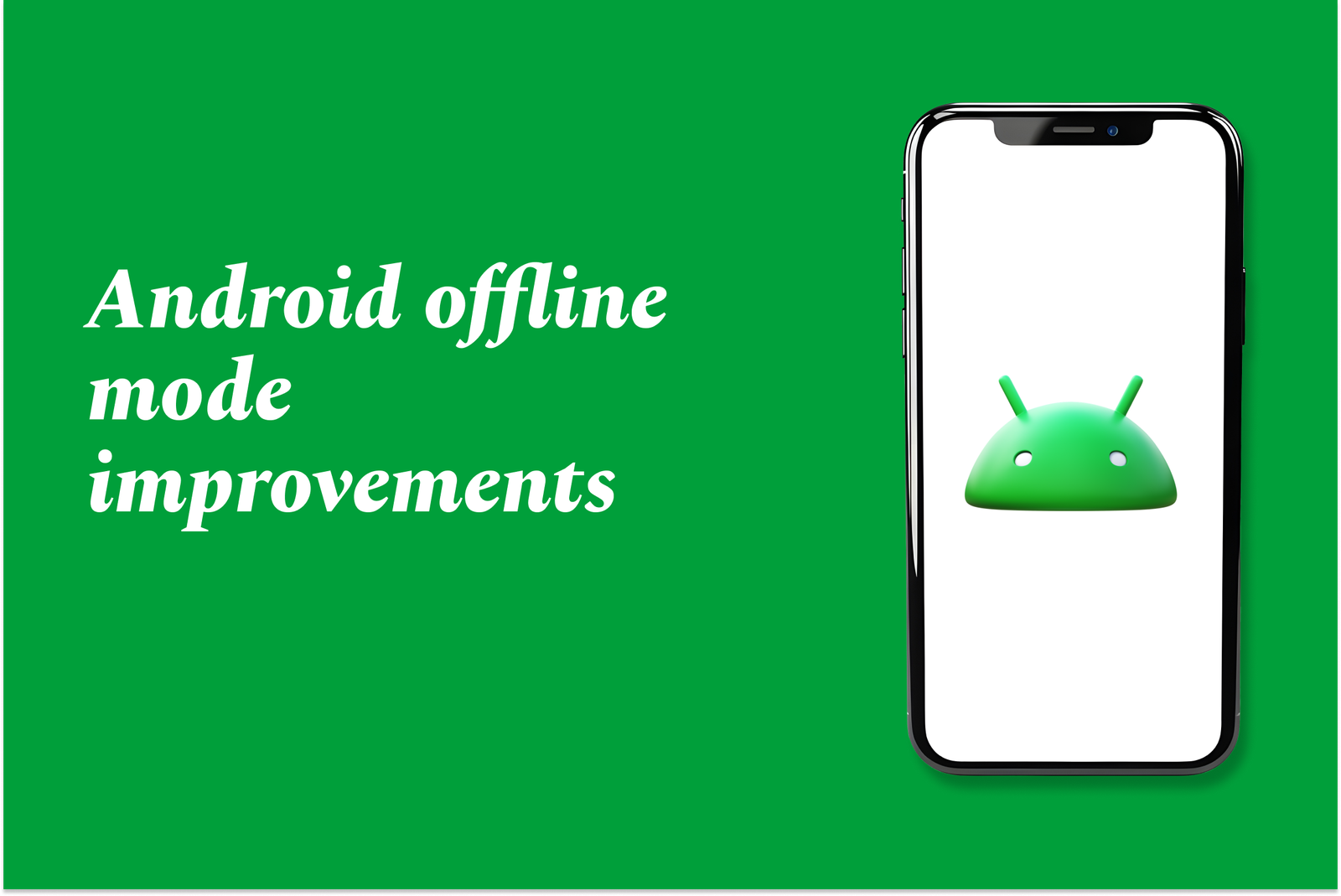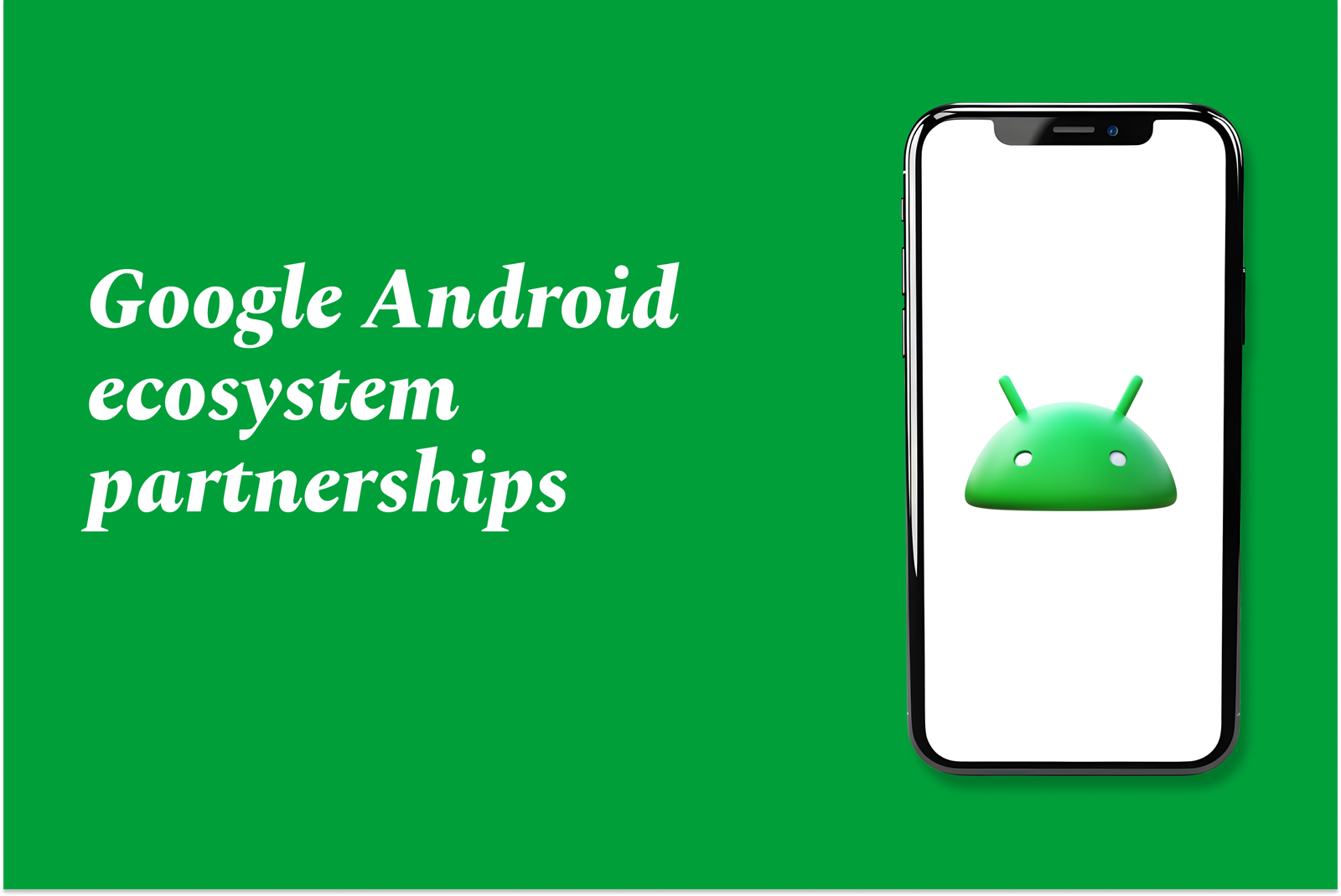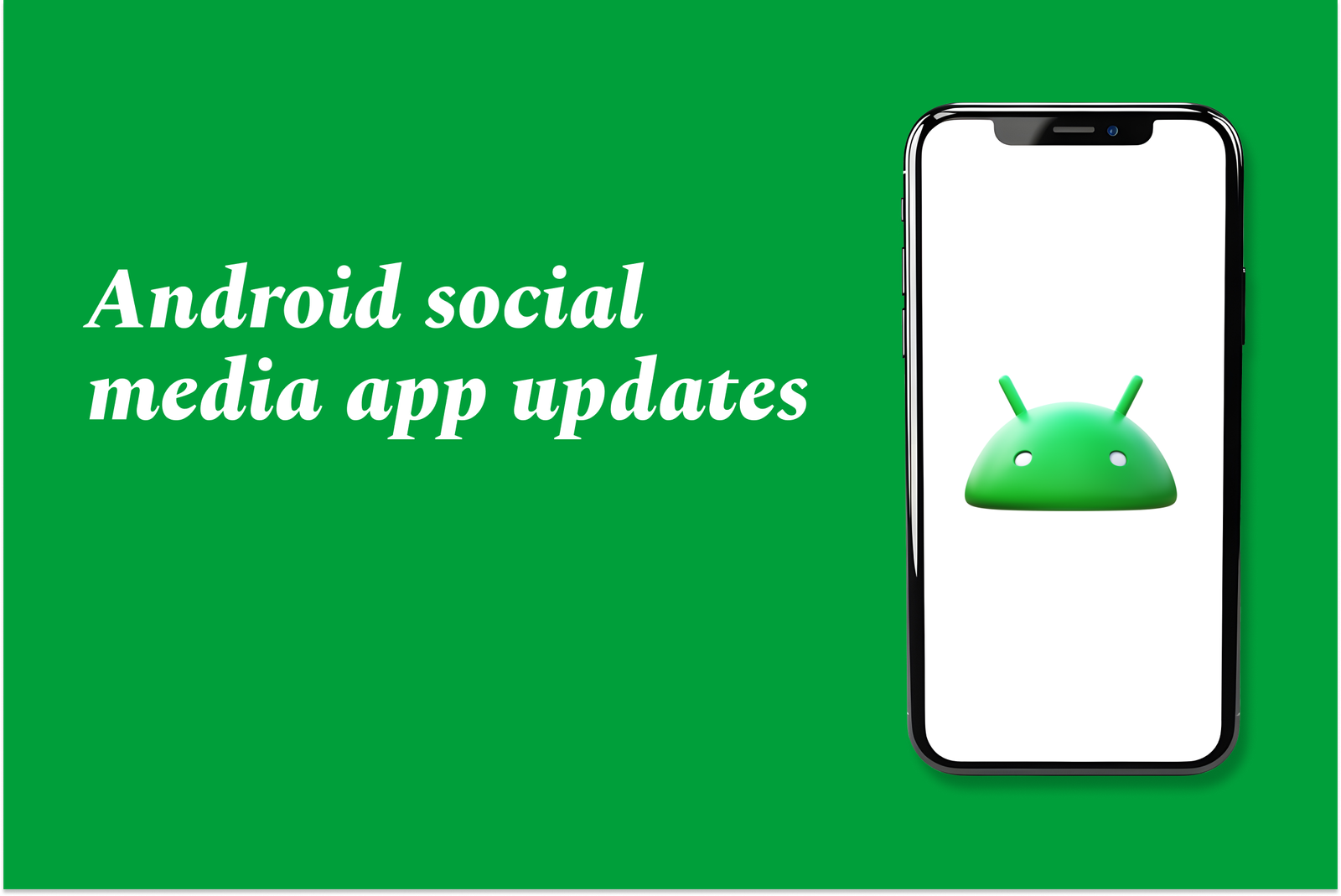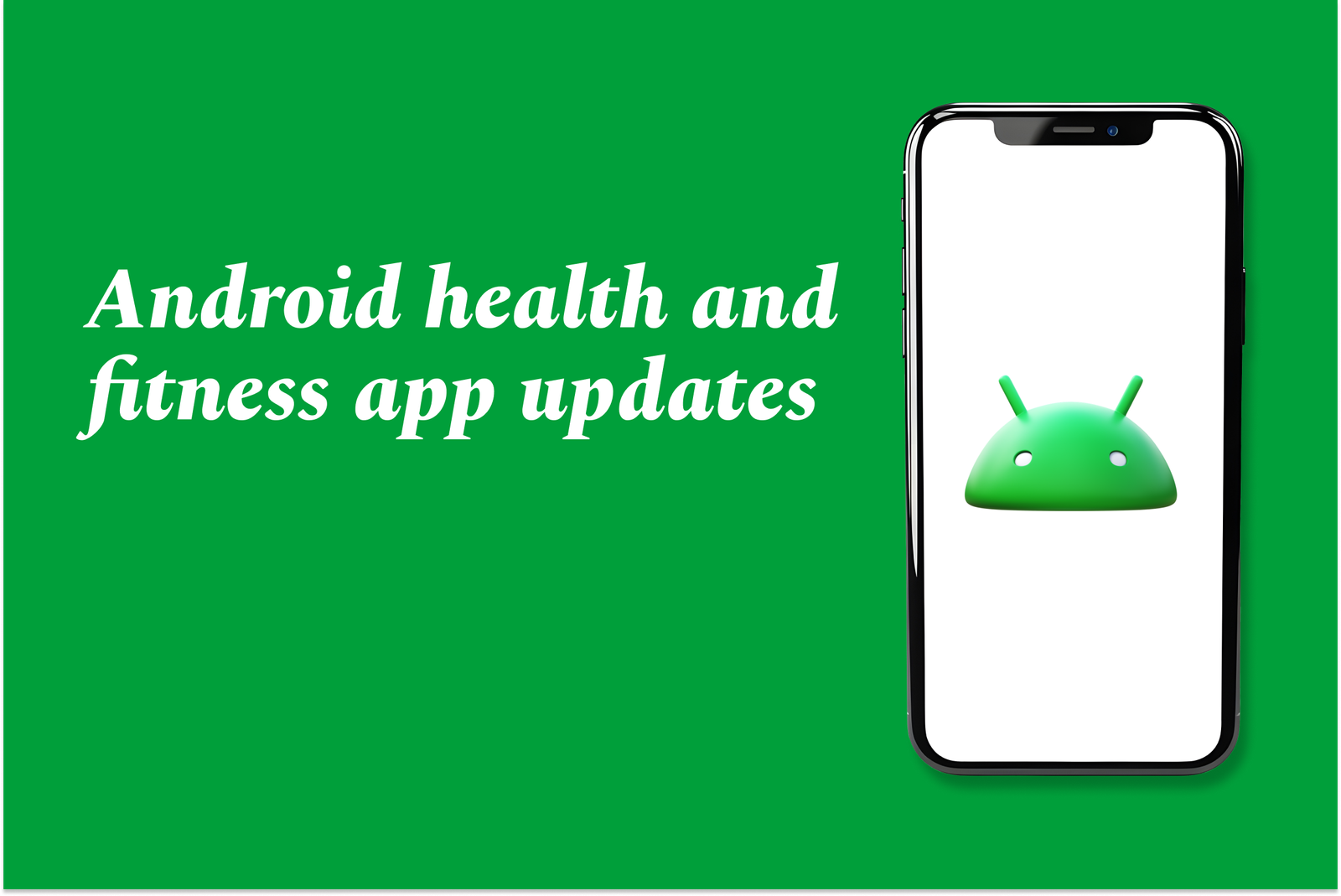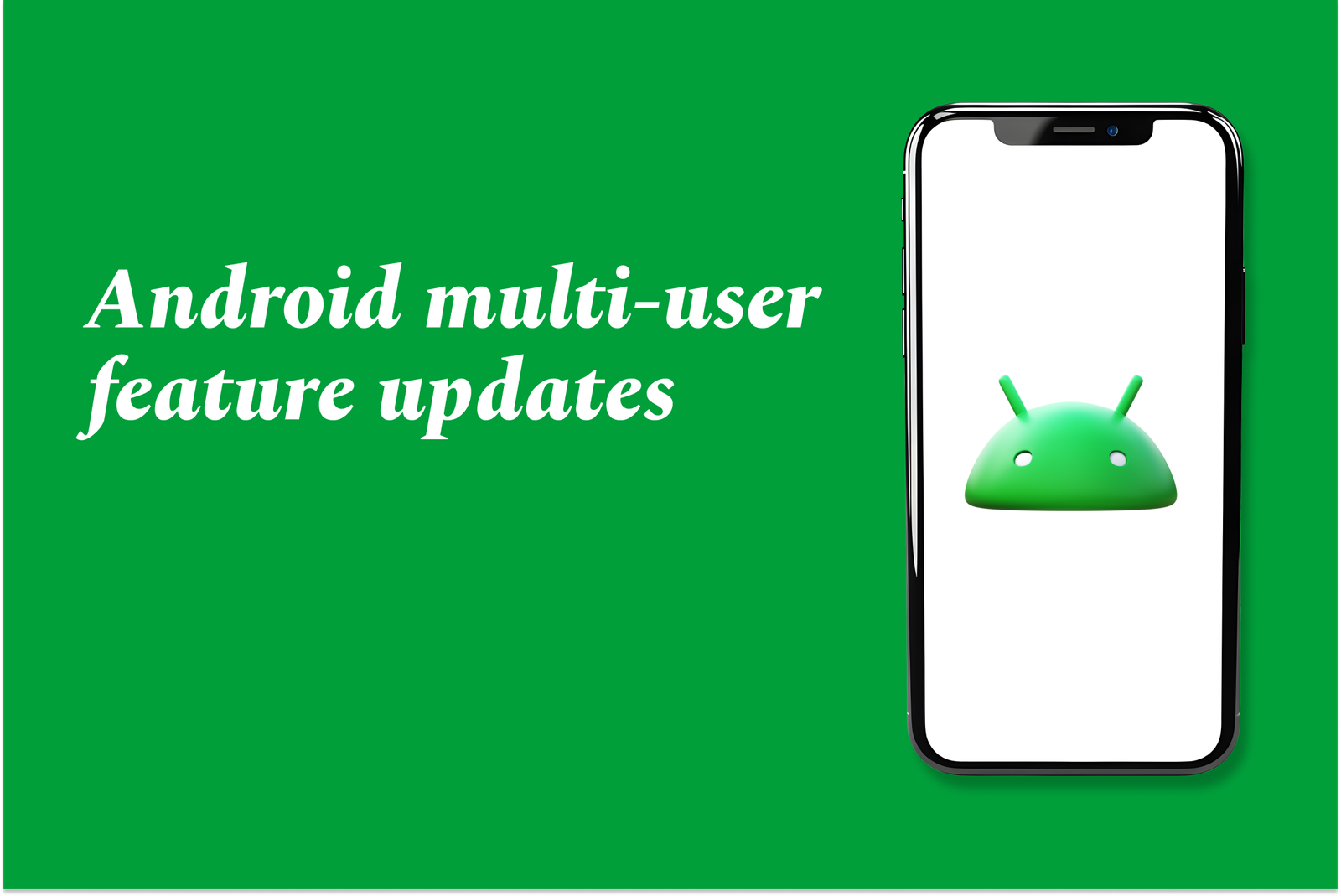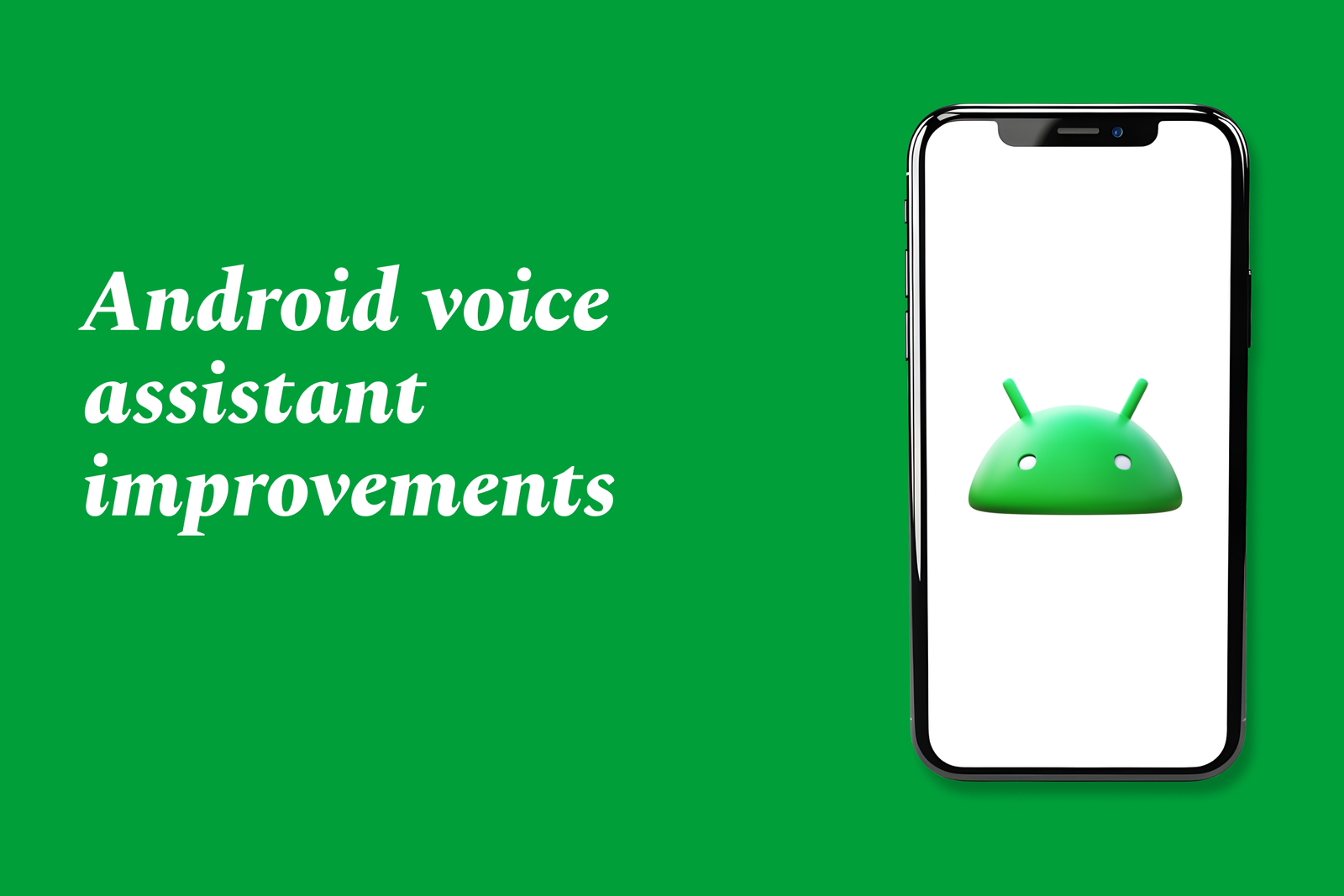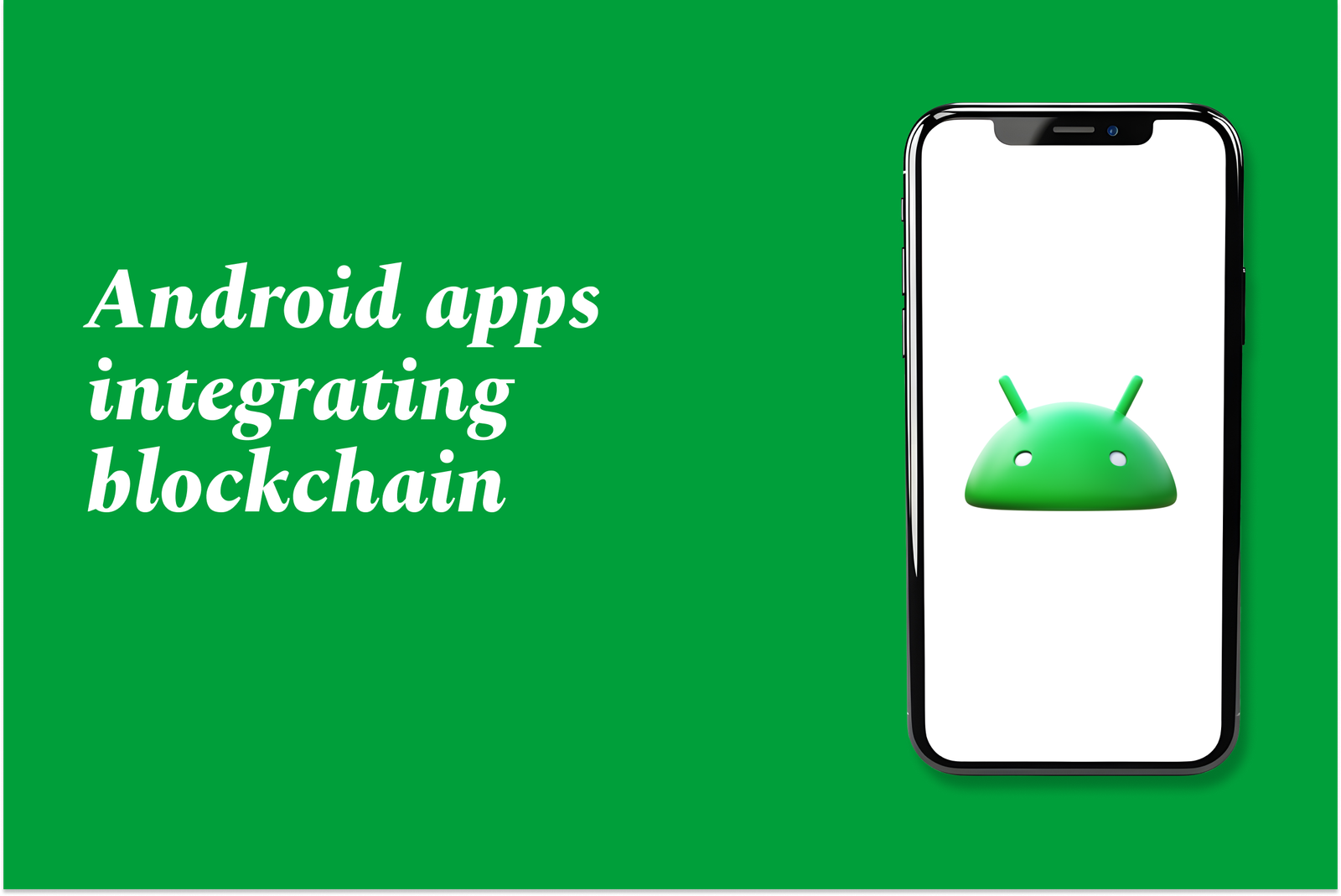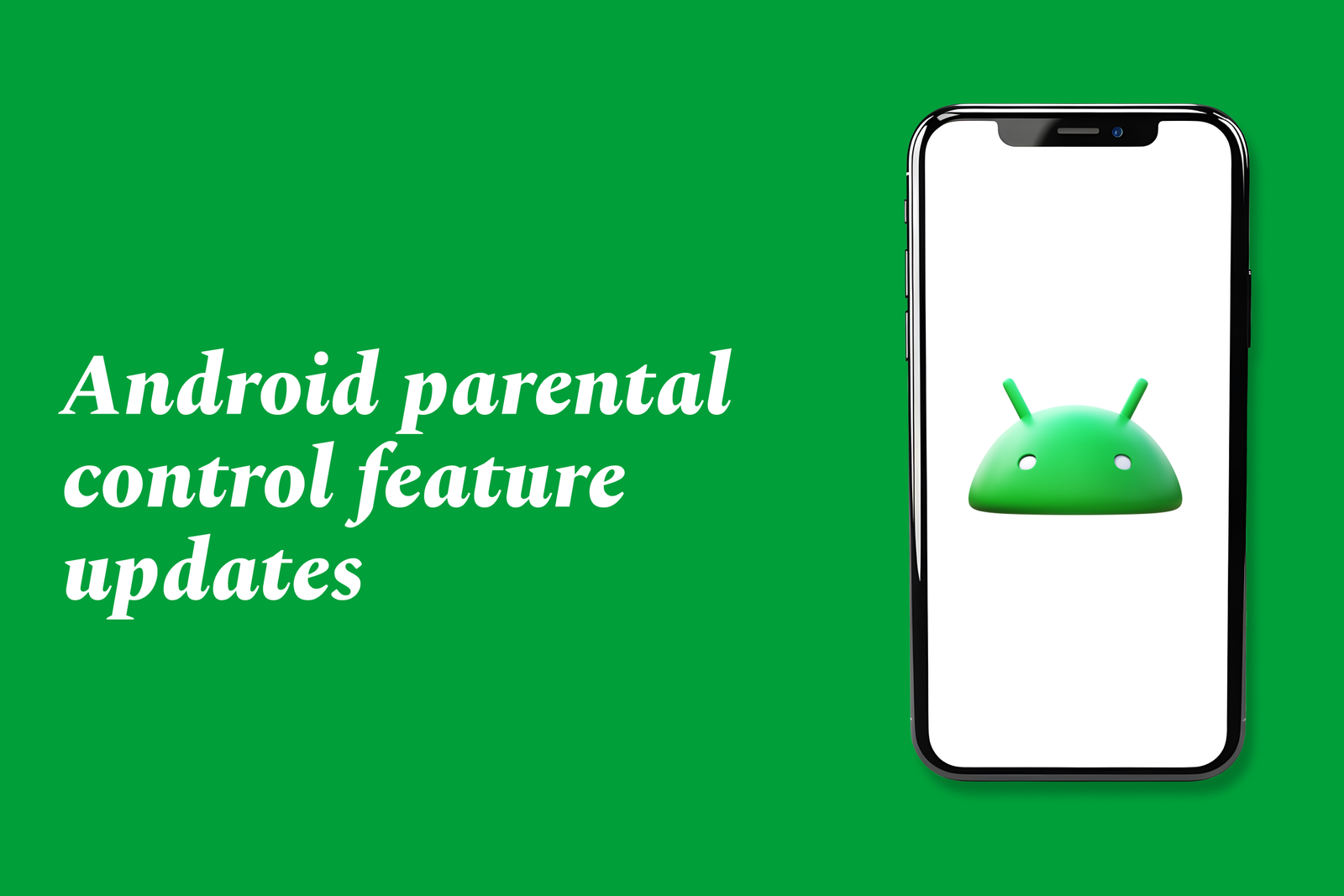Flutter vs Unity for Game Dev 2025
Flutter, great for 2D UI-rich mobile/web games, offers fast development but limited 3D support. Unity, a powerful engine for complex 2D/3D games across consoles, PC, and AR/VR, remains top choice for high-performance, cross-platform game development in 2025.
Flutter vs Unity for game dev 2025
1 ) Overview of Flutter and Unity
Unity is a well established, powerful game development engine widely used for creating complex 2D and 3D games, supporting a huge ecosystem of tools, assets, and integrations.
Flutter is a UI toolkit from Google primarily designed for cross platform mobile, web, and desktop apps, gaining traction for 2D game development and interactive experiences but still evolving for full fledged game development.
2 ) Development and Performance
Unity excels in performance optimization, real time 3D rendering, and supports multiple platforms including PC, consoles, mobile, and AR/VR.
Flutter performs well for 2D games and UI heavy interactive apps with its fast rendering pipeline using Skia, but currently lacks the mature tools and engine features for complex game mechanics or high end 3D graphics.
3 ) Tooling and Ecosystem
Unity offers an extensive asset store, visual editors, integrated physics engines, and debugging tools, making it ideal for professional game studios and indie developers aiming for sophisticated games.
Flutter benefits from strong support for UI design, rapid iteration, and integration with Dart language, but provides limited game centric built in features, relying on third party plugins for game development capabilities.
4 ) Cross platform Capabilities
Both support cross platform development, but Unity targets a broader range of platforms including consoles and AR/VR devices, while Flutter currently focuses on mobile, web, and desktop apps.
For simple or casual 2D games meant for mobile and web, Flutter offers a lighter weight solution with faster development cycles.
5 ) Future Outlook for 2025
Unity continues to strengthen its position as the industry standard for complex game development, especially with its expanding support for emerging technologies like XR and cloud gaming.
Flutter’s role in game development will likely grow in the casual game and interactive media sectors due to its developer productivity and UI capabilities, but it may not replace engines like Unity for high end game projects by 2025.
Summary:
Choose Unity for complex, performance intensive, cross platform 3D or 2D games with deep functionality and tooling needs. Opt for Flutter if your project is a simpler, UI focused 2D game or interactive experience aimed at mobile/web platforms with rapid development priorities.
https://justacademy.in/news-detail/dart-3.1-released:-enhancing-flutter-performance
https://justacademy.in/news-detail/building-pwas-with-flutter-in-2025
https://justacademy.in/news-detail/flutter-accessibility-updates-2025
https://justacademy.in/news-detail/flutter-salary-trends-in-2025
https://justacademy.in/news-detail/what’s-deprecated-in-flutter-2025
Related Posts
Android language support updates enhance the platform by enabling modern Java 8 features like lambdas and method references within Android Studio, improving code efficiency and developer experience without needing the Jack compiler, streamlining app development and build processes.
In 2025, Android enhances privacy with stricter app permissions, improved data encryption, and advanced APIs that give users greater control over their data. System updates focus on secure media handling and transparent, developer-friendly tools to protect personal information seamlessly.
Android offline mode improvements enhance app usability by allowing users to access content and features without an internet connection. These updates enable pre-downloading data, reduce dependency on continuous connectivity, and improve user experience during travel or in low-network areas.
Google Android ecosystem partnerships unite device makers, developers, carriers, and enterprises to build a flexible, secure platform powering billions of devices worldwide. These collaborations drive innovation, expand app access, and enhance user experiences across diverse Android-powered products.
Android social media app updates enhance user experience with improved features like real-time notifications, AI-driven content discovery, expanded communities, and better multimedia support. These updates ensure smoother interactions, faster info sharing, and more personalized social networking on mobile devices.
Android health and fitness app updates focus on improved data sharing, personalized coaching, and enhanced tracking across devices. Key apps like Health Connect, Samsung Health, and Google Fit offer better privacy controls, seamless integration, and support for diverse wellness goals.
Android's multi-user feature lets multiple people have separate profiles on one device, keeping data and apps separate. Recent updates improve user switching, address bugs like Wallet issues, and optimize performance by suspending inactive profiles for smoother multitasking.
Android voice assistant improvements enhance hands-free control by integrating smarter, more natural voice commands in Android Auto and CarPlay. Upgrades include better music navigation, AI-powered icon recognition for accessibility, and solutions for seamless connectivity, boosting safety and usability.
Android apps integrating blockchain leverage decentralized technology to enhance security, transparency, and trust in transactions and data management. These apps enable secure payments, identity verification, and supply chain tracking, revolutionizing mobile experiences across industries.
Android parental control updates enhance child safety by offering real-time monitoring, app notifications sync, screen time limits, app blocking, precise GPS tracking, and location alerts, enabling parents to manage and protect their children's device usage more effectively and securely.
